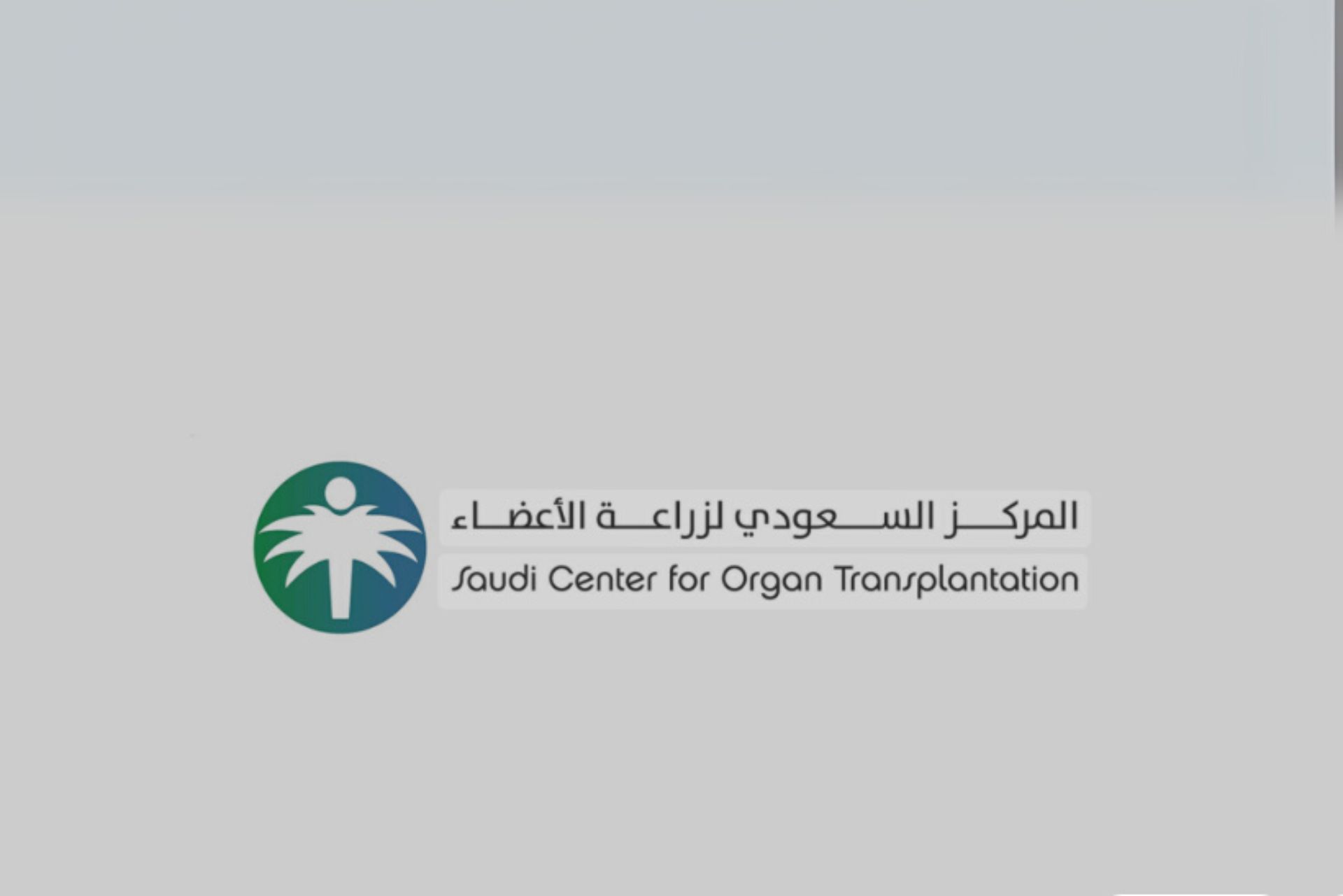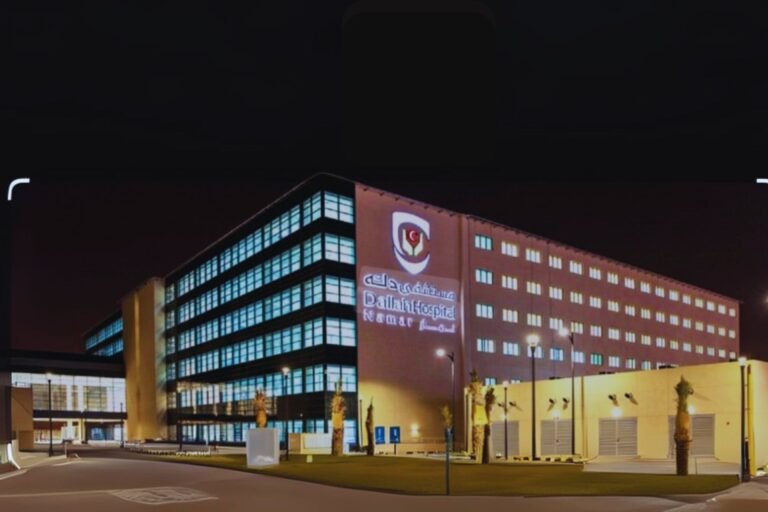Guide to Complete Details of the Saudi Center for Organ Transplant
Introduction: Why SCOT Matters
The Saudi Center for Organ Transplantation is the national organization dedicated to organ donation and transplantation in the Kingdom of Saudi Arabia. Founded in 1985 and later renamed in 1993, the center orchestrates everything from medical care and donor matching to public awareness and training. SCOT is based in Riyadh and is recognized as a reference center for the Gulf region—a testament to its expertise and commitment.
Mission and Vision
- Mission: To save lives by facilitating organ donation and transplantation in line with global quality standards and Islamic medical ethics.
- Vision: To be a leader in medical and social care for organ donation and transplantation, promoting hope, social responsibility, and compassion across Saudi Arabia.
Location and Contact Details
- Headquarters: Omar Bin Abdulaziz Branch Road, Al Rabwah, Riyadh 12823, Saudi Arabia
- Contact Number: 1969
- Email: athar@scot.gov.sa
History and Background
- Originally started as the National Kidney Foundation in 1985.
- Transformed into SCOT in 1993, expanding its scope to include all types of organ transplants, not just kidneys.
- Officially affiliated as a reference center for Gulf Cooperation Council (GCC) states in 2006.
- Linked administratively to the Saudi Health Council and enjoys financial and legal independence.
Core Functions and Services
SCOT centralizes most organ donation and transplantation processes in the Kingdom.
Main Functions
- Registry & Patient Follow-up: Maintains comprehensive records for patients awaiting organ transplants and those who have already received organs.
- Organ Coordination: Receives and manages reports of brain death, oversees organ removal, and distributes suitable organs to transplant centers nationwide.
- Transplant Program Licensing: Sets and reviews standards for approving organ transplant centers.
- Awareness & Prevention: Runs national campaigns to educate about organ donation and prevent advanced organ failure.
- Research & Education: Supports scientific research, publishes journals, and organizes conferences on organ transplantation and failure.
Medical and Social Support
- Offers donor and recipient counseling, pre- and post-transplant care guidance.
- Collaborates with both governmental and private hospitals across Saudi Arabia.
Facilities and Technology
- Database Platform (Athar): A unified, digital database for organ donation and patient tracking, using artificial intelligence to match donors and recipients and to measure performance indicators throughout the process.
- Scientific Journal: Publishes peer-reviewed research on organ failure, donation, and transplantation.
- Electronic Services: Online tools for beneficiary verification, awareness requests, and program/application submissions.
Organs and Tissues Covered
SCOT supervises transplantation for a wide variety of organs and tissues, including:
Organ Donation in Saudi Arabia
The Process
- Registration: Willing donors can register via SCOT or through affiliated hospital programs.
- Evaluation: Medical assessments confirm eligibility for living or posthumous donation.
- Matching & Allocation: Based on medical urgency, compatibility, and SCOT protocols.
- Transplant Surgery: Coordinated with transplant hospitals in Riyadh and other major cities.
- Post-Transplant Monitoring: Continuous follow-up and support for recipients.
Donation Types
- Living Donation: Typically for kidneys and part of the liver.
- Deceased Donation: Organs and tissues donated after brain death with consent from the deceased or their family.
Achievements and Impact
- Over 1,600 renal transplants performed between 1979 and 1994, now significantly higher.
- Expansion to include more than 13 specialized transplant centers around the country, including in Riyadh.
- Implemented the national kidney exchange program, enabling family-based kidney swaps to increase successful matches.
- Accredited as the regional reference for the GCC, reflecting growing expertise and excellence.
- Regularly hosts the Saudi Transplant Congress, bringing together international experts to advance transplantation knowledge.
Table: Key Achievements of SCOT
| Year | Achievement |
|---|---|
| 1985 | National Kidney Foundation established |
| 1993 | Became SCOT, expanded to multi-organ transplants |
| 1997 | New headquarters launched in Riyadh |
| 2006 | Named reference center for GCC states |
| 2023–2025 | Launch of Athar digital platform, new transplant programs |
Table: Services & Facilities at SCOT
| Service Area | Description |
|---|---|
| Registry Management | Patient lists, organ donor tracking, recipient follow-up |
| Medical Coordination | Brain death reports, organ retrieval, matching, shipment |
| Licensing & Regulation | Licensing transplant programs, compliance checks |
| Public Awareness | Campaigns, media, school & hospital visits |
| Research & Education | Journal publication, conferences, professional workshops |
| Electronic Services | Donor registration, beneficiary card verification |
How to Register as an Organ Donor
- Visit the [SCOT official Website].
- Complete the online donor registration form.
- Verification and benefit cards can be requested and checked through e-services.
- Hospitals and authorized centers also offer registration at the point of care.
Operating Hours and Timings
- SCOT offices and officials are generally available during standard government working hours, Sunday to Thursday, 8:00 AM to 4:00 PM.
- Emergency coordination and hotline services operate 24/7.
- For urgent cases and night-time needs, the referral and transport teams are always on standby.
Major Hospital Partners in Riyadh
- King Faisal Specialist Hospital & Research Centre
- King Fahad Medical City
- King Abdulaziz Medical City (National Guard)
- Riyadh Armed Forces Hospital
- King Saud Medical City
Fee Structure
- All organ donation procedures coordinated by SCOT are provided free of charge to patients and families within the national healthcare system.
- The center’s purpose is humanitarian and non-profit, focusing on medical and social support.
Community and International Role
- SCOT trains healthcare professionals across Saudi Arabia and abroad, sets national protocols, and partners with the United Nations and global health bodies on transplantation ethics and innovations.
- Regularly collaborates with religious leaders to address ethical, legal, and religious questions about donation.
- Runs ongoing awareness drives — important for tackling organ shortages and dispelling myths about donation.
(FAQs)
Q: Who can become an organ donor in Saudi Arabia?
A: Any healthy adult resident can register as a donor. Living and brain death (posthumous) donation pathways are available. Parental or guardian consent is required for minors.
Q: How do I register as a donor?
A: Register online via the SCOT website, or in-person at authorized hospitals and events.
Q: Are there any religious concerns about organ donation?
A: Saudi scholars and medical bodies have issued fatwas supporting organ donation, based on the Islamic principle of saving lives.
Q: What organs and tissues can be donated?
A: Kidneys, livers, hearts, lungs, pancreas, bone marrow, and corneas.
Q: How long does the transplant process take once an organ is available?
A: Timing depends on medical urgency, compatibility, and logistical coordination. Transplants are performed urgently for critical cases.
Q: Is there a cost to the donor or recipient?
A: All procedure costs are fully covered by the national healthcare system, coordinated by SCOT.
Q: Does organ donation have age limits?
A: The medical team reviews each case individually. Age and health factors are considered for both donors and recipients.
Q: Can non-Saudis donate or receive organs?
A: Yes, expatriates and legal residents are accepted in accordance with SCOT’s protocols and national guidelines.
Conclusion: SCOT’s Role in Saving Lives
The Saudi Center for Organ Transplant is a cornerstone of healthcare innovation and hope in Riyadh and across the Kingdom. Through patient-centered care, strict quality standards, and a broad public awareness mission, SCOT simplifies organ donation and transplantation for thousands each year. Its leadership in technology, training and humanitarian advocacy ensures every patient receives the best possible chance—no matter their background.
If you’re ready to learn more, consider registering as a donor, sharing awareness, or reaching out to SCOT for additional information. Saving lives is a collective effort — and SCOT leads the way in Saudi Arabia



